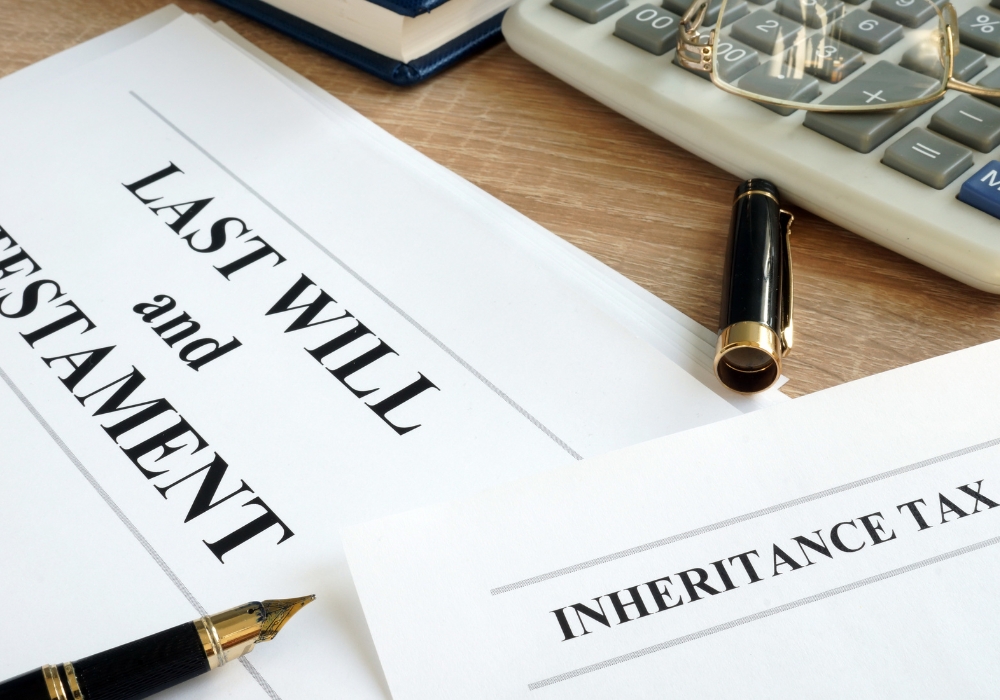
Wills and inheritances in Spain

When a person dies and has assets in Spain, the heris have to deal with a series of formalities and obtain certain documents to prepare the inheritance.
The most important documents include: death certificate, an accompanying certificate stating the last wishes of the deceased, life insurance documents and copies of the will.
The inheritance process for foreign-owned assets is long and complicated. All the documents from your home country must be translated by a sworn translator and bear the Apostille. All these documents and certificates are needed by the solicitor in order to summarise of everything that is included in the inheritance according to the wishes of the deceased person.
1. Inheritance law
If you own assets in Spain, Spanish law generally applies upon your death. By having a Spanish will, you can choose which law will govern your estate – either Spanish inheritance law or the inheritance law of your nationality at the time of making the will.
Spanish inheritance law dictates that a portion of the estate must go to your spouse, children, or registered cohabitant. Children are required to inherit two-thirds of their parents’ estate. However, individuals of other nationalities who own property in Spain can opt to follow their home country’s inheritance law if this choice is specified in their will.
If no preference is stated, your inheritance will automatically fall under Spanish law. Without any specific wishes, wills and inheritances in Spain will be managed according to Spanish inheritance regulations.
2. MAKING A WILL IN SPAIN
- A will is a personal document in which the deceased’s final wishes must be honored. In Spain, you must be over 14 years old and not declared a minor to create a will. You can amend your will to reflect changes in personal circumstances or if your wishes evolve.
-
Wills for Married Couples in Spain: Each spouse must write a separate will. The document is prepared in two languages: Spanish and your native language. The will is signed in Spain before a notary public, who legitimizes it. The original will is kept by the notary, while you and your representative receive a copy. The will is then registered with the Central Wills Register in Madrid (Registro Central de Ultimas Voluntades).
-
Writing Multiple Wills: If you later create a will in your home country, clearly specify that it only applies to assets in that country. Otherwise, if the new will is dated after your Spanish will and contains references to “all property,” it will take precedence. To avoid legal conflicts, it’s advisable to have two wills: one in your home country for assets there and one in Spain.
-
Informing Heirs: Once your will is signed, inform your heirs about what they can expect and which law firm to contact.

